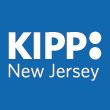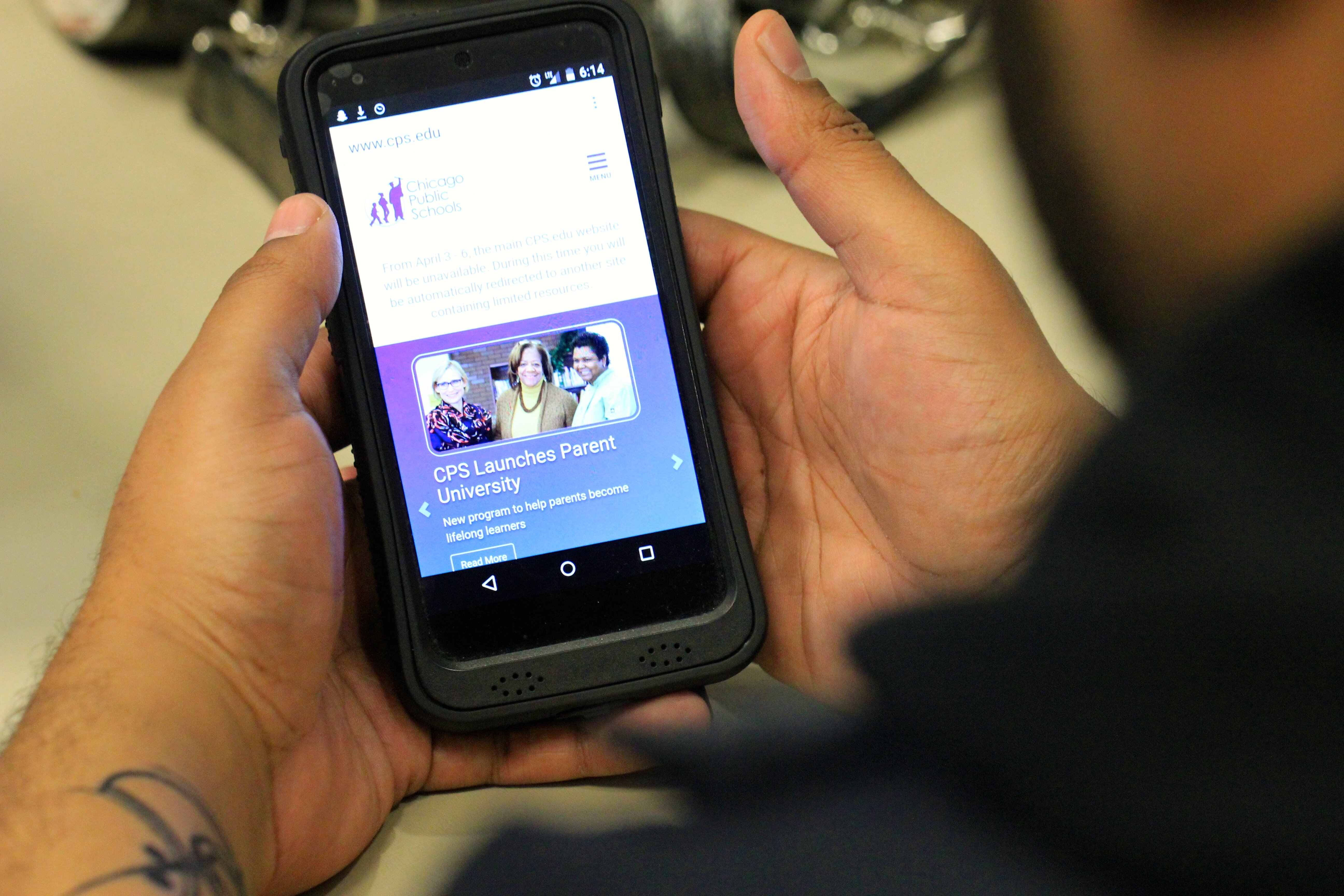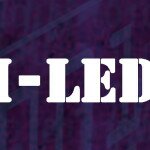 At this week’s OpenGov Hack Night, Andrew Martin and Juan Pablo-Valez from KIPP New Jersey spoke about the usage of data in schools.
At this week’s OpenGov Hack Night, Andrew Martin and Juan Pablo-Valez from KIPP New Jersey spoke about the usage of data in schools.
KIPP New Jersey operates nine charter schools in New Jersey and is part of a national network that includes four schools in Chicago.
The talk was described as an anatomy lesson in school data. The entire talk is posted here:
Here are some points as well as some pointers to relevant data in Chicago.
The School Information System (SIS) and the information they hold
A School Information System is a software platform that allows school districts to manage student data. School districts also use these systems to report information about enrollment, student performance, and other information back to their authorizing authorities. This system also holds personal information about each student such as their name, grades, and what classes they’re enrolled in. This information is heavily protected by rules and it can make getting data from schools difficult because of the need to protect student privacy.
Data researchers, such as those inside the Office of Accountability at Chicago Public Schools, use the data to answer questions regarding school population. Chicago Public Schools information to make decisions about where resources and funding should go, and about what types of supports to provide to teachers.
Schools also collect information on behavioral issues so that they can track disciplinary infractions and their outcomes.
The grade book and the challenge of comparing students to students
Martin also spoke about the difficulties of comparing students across the board. It’s relatively simple to aggregate data from all the gradebooks in one grade and determine their average GPA. It’s much more difficult to try and compare students from different schools – particularly if they’re in different states.
With the No Child Left Behind Act, all states must develop assessments (standardized testing) at select grade levels to receive federal funding. In Illinois, the current test is called the ISAT test – but the state is now moving to to PARCC test.
Because each state test is different, it can also be difficult to compare one state test to another. Because of this, a ‘Common Core’ set of standards were put in place by forty states – including Illinois – to provide guidance on what students are expected to learn.
Another way of evaluating outcomes are college admission exams like the ACT and SAT. However, those tests are administered fairly late in a students career when it can be too late to take any corrective action.
Education Apps
The presenters also talked about the proliferation of ed tech apps like Khan Academy. There are a number of civic startups centered around education in Chicago including several from the Impact Engine accelerator program. The presenters also pointed out that it’s sometimes easier to track a student activities as they play games.
Here’s some education data in Chicago
- Illinois State Board of Education School Report Card Site: An interactive site that includes test scores and other factors.
- Illinois State Board of Education School Research Site
- School Report Cards from Chicago Public Schools
- Chicago Public Schools Data page
- Schoolcuts.org: Comprehensive information on schools that closed or received students from closing schools.
- University of Chicago Urban Education Institute: The mission of the University of Chicago Urban Education Institute (UEI) is to create knowledge to produce reliably excellent urban schooling.






